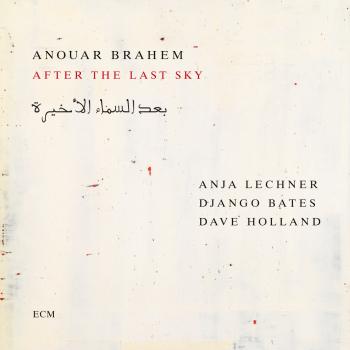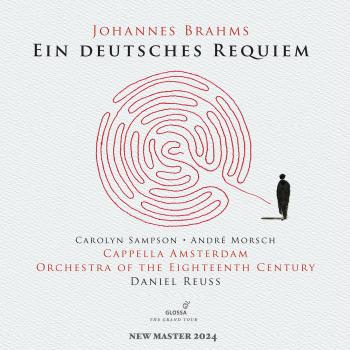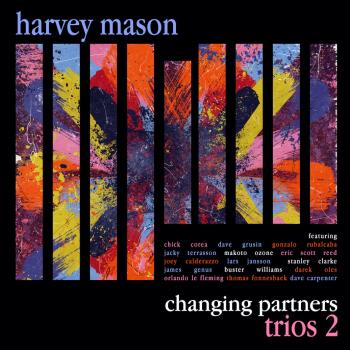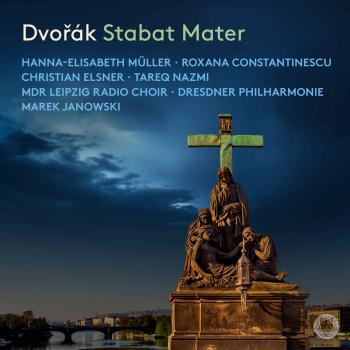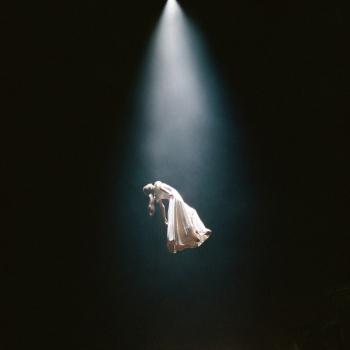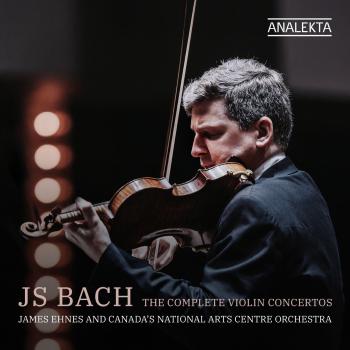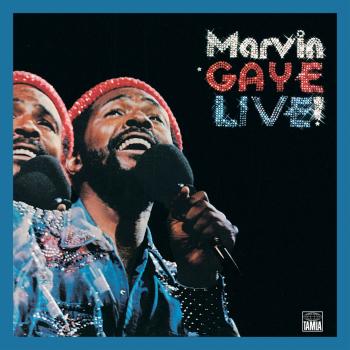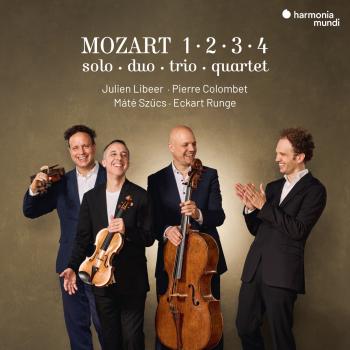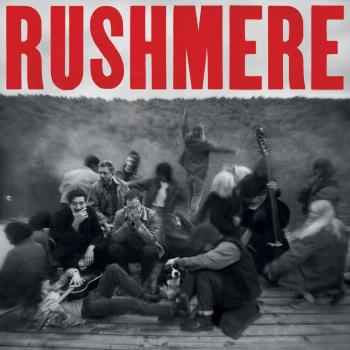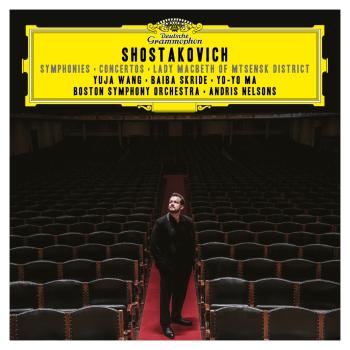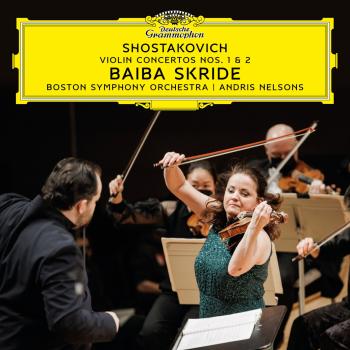Sir Colin Davis & Royal Concertgebouw Orchestra
Biographie Sir Colin Davis & Royal Concertgebouw Orchestra
Sir Colin Davis - Conductor
The traditional road to success for a conductor used to be an apprenticeship in an opera house as a coach, playing the piano for singers in rehearsal. Colin Davis chose another route, partly by necessity. Unable to play the piano, he was not allowed into the conducting course at the Royal College of Music in London. So, he achieved an important international career by taking the initiative to form ensembles and conduct for friends at first. Early successes included the founding of the Chelsea Opera Group, a company which to this day gives performances of little known operas in concert.
Davis was soon working with professional orchestras including the BBC Scottish Symphony. His first 'break' was at Sadler's Wells in 1958 when his conducting of Mozart's Abduction from the Seraglio began a lifelong connection with that composer. The Edinburgh Festival followed along with Glyndebourne. His concert career blossomed in the mid 1960's alongside his opera work and his other passion for Berlioz began to bring him to the attention of record lovers. He has recorded all the major works of Berlioz, including the first complete (and still regarded as the landmark) recording of Les Troyens.
Davis has enjoyed a career-long affiliation with Philips Classics, recording along with Berlioz, Mozart, the complete symphonies of Sibelius (while he was Principal Guest Conductor of the Boston Symphony in the 1970s) and much more.
Amsterdam Royal Concertgebouw Orchestra
The Royal Concertgebouw Orchestra, or, as it is often called, the Amsterdam Concertgebouw Orchestra, was founded in 1888, its first concert taking place on November 3 of that year. Concertgebouw means concert hall in Dutch, and the ensemble adopted that name from the lavish site where it has been based since 1888. The building, known for its splendid acoustics, houses a large auditorium (the Grote Zaal) and a small one (Kleine Zaal).
The Orchestra's first conductor was Willem Kes, who enforced a common etiquette on Dutch audiences previously unobserved: eating, late arrivals, and talking during performance were banned. Kes built the orchestra into a fine one, even if it still fell short of world-class caliber. Upon Kes' departure in 1895, the legendary Willem Mengelberg was appointed music director. He would serve for nearly 50 years in that capacity, molding the orchestra into a first-rate ensemble and making many famous recordings with the group.
During his reign Mengelberg took sabbaticals to conduct other orchestras in Europe and America, including the New York Philharmonic. During his absences, other conductors were engaged to serve as substitutes, including Pierre Monteux and Bruno Walter. While Mengelberg was highly respected and his orchestra widely admired, the repertory tended to be somewhat narrow, focusing largely on the Germanic sphere, especially on Beethoven and Richard Strauss. But he conducted works by Gustav Mahler, and the orchestra featured appearances by Rachmaninov and Prokofiev in performances of their works.
During World War II, Mengelberg sided with the Nazis, and after 1945 was banned from conducting the ensemble for six years. That same year Eduard van Beinum was appointed his successor. He broadened the repertory and maintained the orchestra's high performance standards during his 14 years on the podium. He died in 1959 during a rehearsal, and for the next four years, leadership of the orchestra was shared by Eugen Jochum and Bernard Haitink. Haitink was appointed chief conductor in 1963 and served in that capacity until 1988. During his tenure, the orchestra made numerous highly acclaimed tours and recordings.
Haitink's successor was Riccardo Chailly, who further broadened the repertory of the orchestra, and like his predecessors, produced a spate of critically acclaimed recordings. In 2004, Mariss Jansons was appointed conductor of the Royal Concertgebouw Orchestra. Today the ensemble consists of 120 players and is widely considered one of the finest orchestras in the world.

